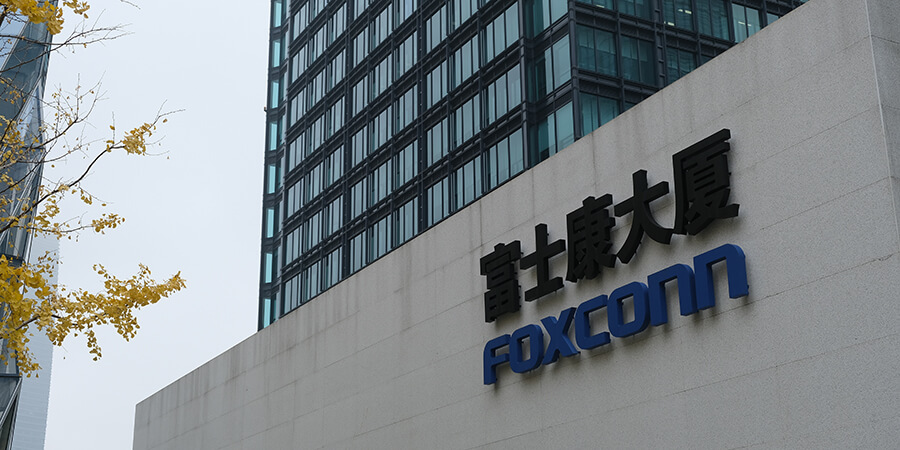Taiwan’s Foxconn, the largest contract electronics manufacturer in the world, has pulled out of a US$19.5 billion joint venture with Indian conglomerate Vedanta. The agreement, made last year, aimed to establish semiconductor and display production plants in Gujarat.
Foxconn stated that it had collaborated with Vedanta for over a year to bring a promising semiconductor concept to life, but the partners ultimately decided to terminate the joint venture. The project is now solely owned by Vedanta. The reasons behind the deal's collapse remain unclear, but the Indian media has widely portrayed it as a setback to Prime Minister Narendra Modi's plans to develop chip manufacturing in India, especially considering that the plants were intended to be built in his home state.
Nevertheless, Vedanta has affirmed its full commitment to the semiconductor project and has already secured other partners to establish India’s first foundry.
According to a source, concerns about delays in the approval of incentives by the Indian government played a role in Foxconn's decision to withdraw from the joint venture. The government had also raised questions about the cost estimates provided to request incentives.
Additionally, efforts to involve European chipmaker STMicroelectronics did not succeed. The Vedanta-Foxconn venture announced its plans for chipmaking in September of last year. Prime Minister Narendra Modi had described the project as an important step in boosting India’s chipmaking ambitions.
However, the Economic Times quotes Rajeev Chandrasekhar, the Minister of State for Electronics and IT, as saying on Twitter that Foxconn’s decision to withdraw from the joint venture with Vedanta has no impact on India's semiconductor fab goals.





